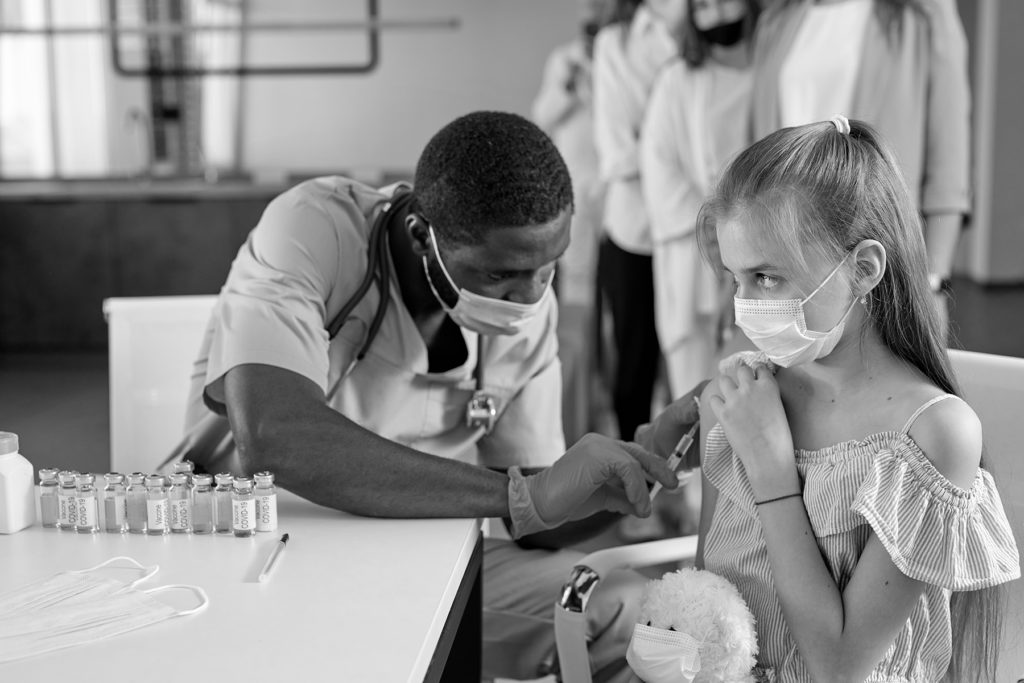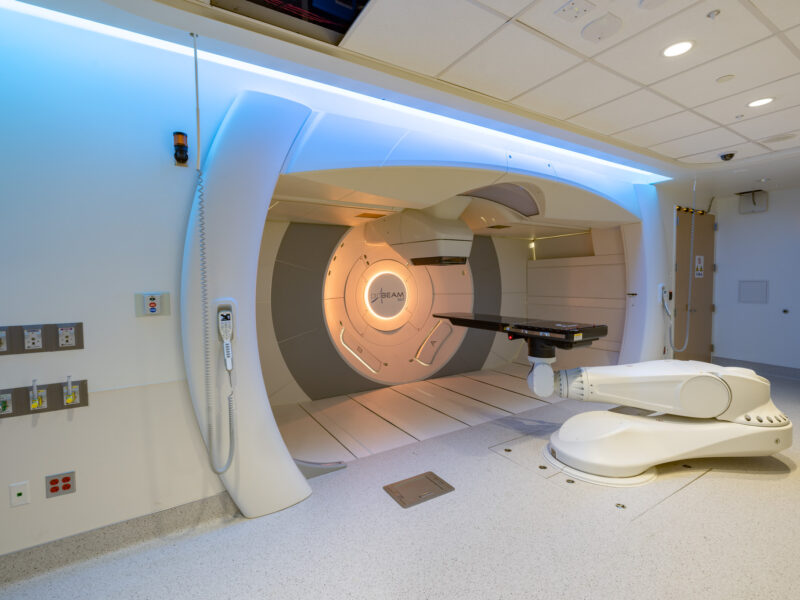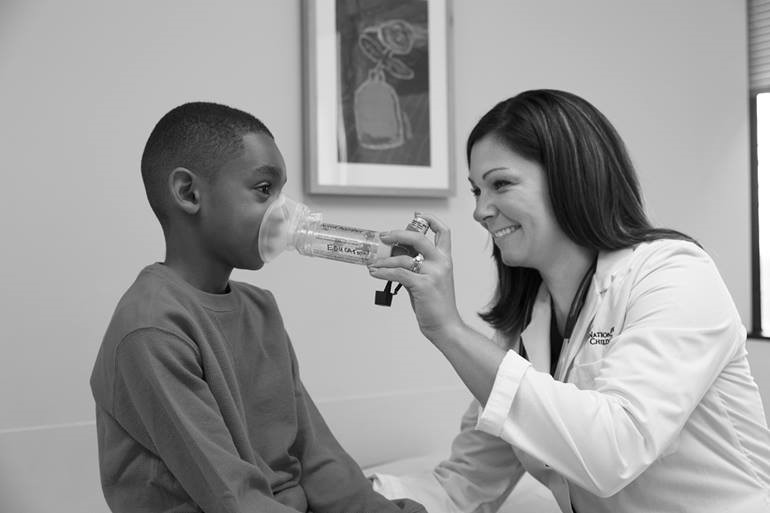Risk for Serious Complications From Vaccine-Preventable Infections After Hematopoietic Cell Transplant
Risk for Serious Complications From Vaccine-Preventable Infections After Hematopoietic Cell Transplant https://pediatricsnationwide.org/wp-content/uploads/2021/09/AdobeStock_443907137HRBW-1024x683.jpg 1024 683 Katie Brind'Amour, PhD, MS, CHES Katie Brind'Amour, PhD, MS, CHES https://pediatricsnationwide.org/wp-content/uploads/2021/03/Katie-B-portrait.gif- October 06, 2021
- Katie Brind'Amour, PhD, MS, CHES

Clinician-scientists reveal the burden of vaccine-preventable infections among children post-transplant, when immunity is low and risk is high.
When a hematopoietic cell transplant (HCT) recipient at Nationwide Children’s Hospital was diagnosed with a vaccine-preventable infection (VPI), treating clinicians decided to evaluate the burden of VPI in HCT patients at Nationwide Children’s and elsewhere. The team collected post-HCT VPI data on more than 9,500 children across the United States.
Their study, published in Bone Marrow Transplantation, revealed that 7.1% of children who underwent HCT were hospitalized for a VPI in the 5 years following their transplant, most frequently in the first 6-12 months after transplant.
The most common infections were influenza, varicella and invasive pneumococcal infections. Younger patients and those with primary immune deficiency or graft-vs-host disease were at greater risk for VPI-associated hospitalizations. Children with VPI also had longer hospital stays, a higher rate of intensive care unit admission and higher mortality in the early post-HCT period compared to children post-HCT without VPIs.
There are many reasons for VPI in this population. Some children may not have been vaccinated pre-HCT, while those who have been vaccinated can fall prey to VPIs because of loss of vaccine-induced immunity or ongoing immunosuppression after transplant.
“If a VPI leads you to be hospitalized, that’s a big deal,” says Monica Ardura, DO, MSCS, an infectious disease specialist and medical director of the Host Defense Program at Nationwide Children’s. “These data provide objective evidence that VPIs do indeed happen and can be associated with adverse outcomes in this population. The next question is what can we do better to protect our patients.”
Dr. Ardura and her colleagues have begun examining the immune response to inactivated vaccines in HCT patients to better understand the ideal timing for post-transplant vaccination. The goal is to enable individualized recommendations for post-transplant vaccines and help clinicians know when they can safely recommend each vaccine for their patients.
Because of the heightened risk for VPIs in the first 6-12 months, the team at Nationwide Children’s created a quality improvement initiative to provide inactivated vaccines beginning at 4-6 months post-HCT in eligible patients and optimize timely completion of age-appropriate vaccines. Depending on patient health and medications received, live-attenuated viral vaccines can be provided at two years post-transplant.
“These patients have gone through a lot. They have a complicated medical history, and after transplant there can be a lot of different complications — we don’t want VPIs to be one of them,” says Dr. Ardura. “Sometimes vaccines are an afterthought. We want to bring them more to the forefront as something clinicians should think about in every medical encounter.”
This article is found in the Fall/Winter 2021 print issue. Download the full issue.
Reference:
Danino D, Stanek JR, Rangarajan H, Ardura MI. Hospitalizations for vaccine-preventable infections among pediatric hematopoietic cell transplantation recipients in the first 5 years after transplantation. Bone Marrow Transplantation. 2021 Jun 21. [Epub ahead of print]
Image credit: Adobe Stock
About the author
Katherine (Katie) Brind’Amour is a freelance medical and health science writer based in Pennsylvania. She has written about nearly every therapeutic area for patients, doctors and the general public. Dr. Brind’Amour specializes in health literacy and patient education. She completed her BS and MS degrees in Biology at Arizona State University and her PhD in Health Services Management and Policy at The Ohio State University. She is a Certified Health Education Specialist and is interested in health promotion via health programs and the communication of medical information.
-
Katie Brind'Amour, PhD, MS, CHEShttps://pediatricsnationwide.org/author/katie-brindamour-phd-ms-ches/April 27, 2014
-
Katie Brind'Amour, PhD, MS, CHEShttps://pediatricsnationwide.org/author/katie-brindamour-phd-ms-ches/April 27, 2014
-
Katie Brind'Amour, PhD, MS, CHEShttps://pediatricsnationwide.org/author/katie-brindamour-phd-ms-ches/April 27, 2014
-
Katie Brind'Amour, PhD, MS, CHEShttps://pediatricsnationwide.org/author/katie-brindamour-phd-ms-ches/April 28, 2014







